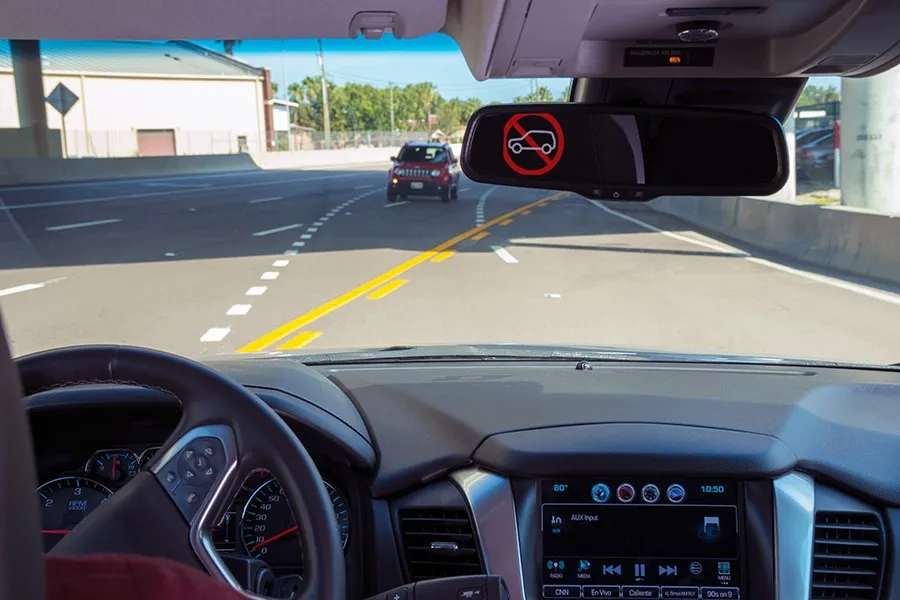Following the signing of the SAVE Act legislation to support autonomous vehicle testing and deployment in Michigan, General Motors is to begin testing autonomous vehicles on public roads. GM also announced it will produce the next generation of its autonomous test vehicles at its Orion Township assembly plant beginning in early 2017.
Testing is already underway on GM’s Technical Center campus in Warren, Michigan and will now expand to public roads on the facility’s outskirts. Within the next few months,
December 16, 2016
Read time: 2 mins
Following the signing of the SAVE Act legislation to support autonomous vehicle testing and deployment in Michigan, 948 General Motors is to begin testing autonomous vehicles on public roads. GM also announced it will produce the next generation of its autonomous test vehicles at its Orion Township assembly plant beginning in early 2017.
Testing is already underway on GM’s Technical Center campus in Warren, Michigan and will now expand to public roads on the facility’s outskirts. Within the next few months, testing will expand to metro Detroit, which will become GM’s main location for development of autonomous technology in winter climates.
Workers at the Orion Township assembly plant will build test fleet Bolt EVs equipped with fully autonomous technology. The plant currently manufactures the Chevrolet Bolt EV and Sonic. The new equipment will include LiDAR, cameras, sensors and other hardware designed to ensure system safety, leveraging GM’s proven manufacturing quality standards.
The test fleet vehicles will be used by GM engineers for continued testing and validation of GM’s autonomous technology already under way on public roads in San Francisco and Scottsdale, Arizona, as well as part of the Michigan testing fleet.
GM has been developing its development of autonomous vehicle technology since the beginning of 2016.
In January, the company announced the formation of a dedicated autonomous vehicle engineering team and a US$500 million investment in Lyft to develop an integrated network of on-demand autonomous vehicles in the US. In March, the company announced the acquisition of Cruise Automation to provide deep software talent and rapid development expertise to help speed development.
It began testing autonomous Chevrolet Bolt EVs on the public roads in San Francisco and Scottsdale. The company has more than 40 autonomous vehicles testing in the two cities.
Testing is already underway on GM’s Technical Center campus in Warren, Michigan and will now expand to public roads on the facility’s outskirts. Within the next few months, testing will expand to metro Detroit, which will become GM’s main location for development of autonomous technology in winter climates.
Workers at the Orion Township assembly plant will build test fleet Bolt EVs equipped with fully autonomous technology. The plant currently manufactures the Chevrolet Bolt EV and Sonic. The new equipment will include LiDAR, cameras, sensors and other hardware designed to ensure system safety, leveraging GM’s proven manufacturing quality standards.
The test fleet vehicles will be used by GM engineers for continued testing and validation of GM’s autonomous technology already under way on public roads in San Francisco and Scottsdale, Arizona, as well as part of the Michigan testing fleet.
GM has been developing its development of autonomous vehicle technology since the beginning of 2016.
In January, the company announced the formation of a dedicated autonomous vehicle engineering team and a US$500 million investment in Lyft to develop an integrated network of on-demand autonomous vehicles in the US. In March, the company announced the acquisition of Cruise Automation to provide deep software talent and rapid development expertise to help speed development.
It began testing autonomous Chevrolet Bolt EVs on the public roads in San Francisco and Scottsdale. The company has more than 40 autonomous vehicles testing in the two cities.








